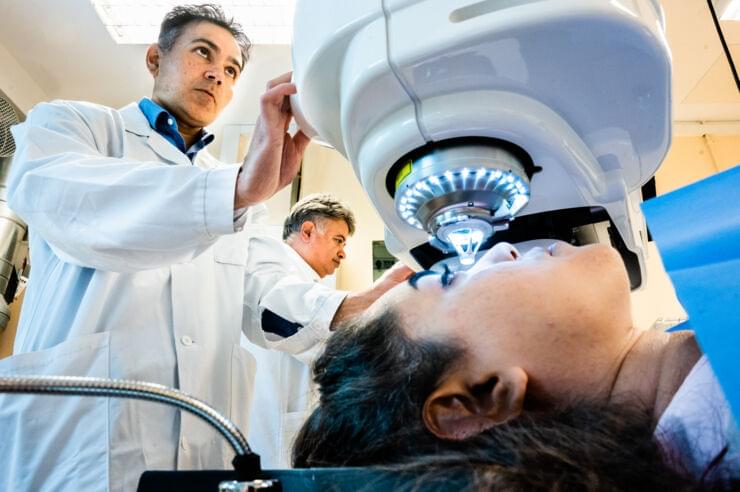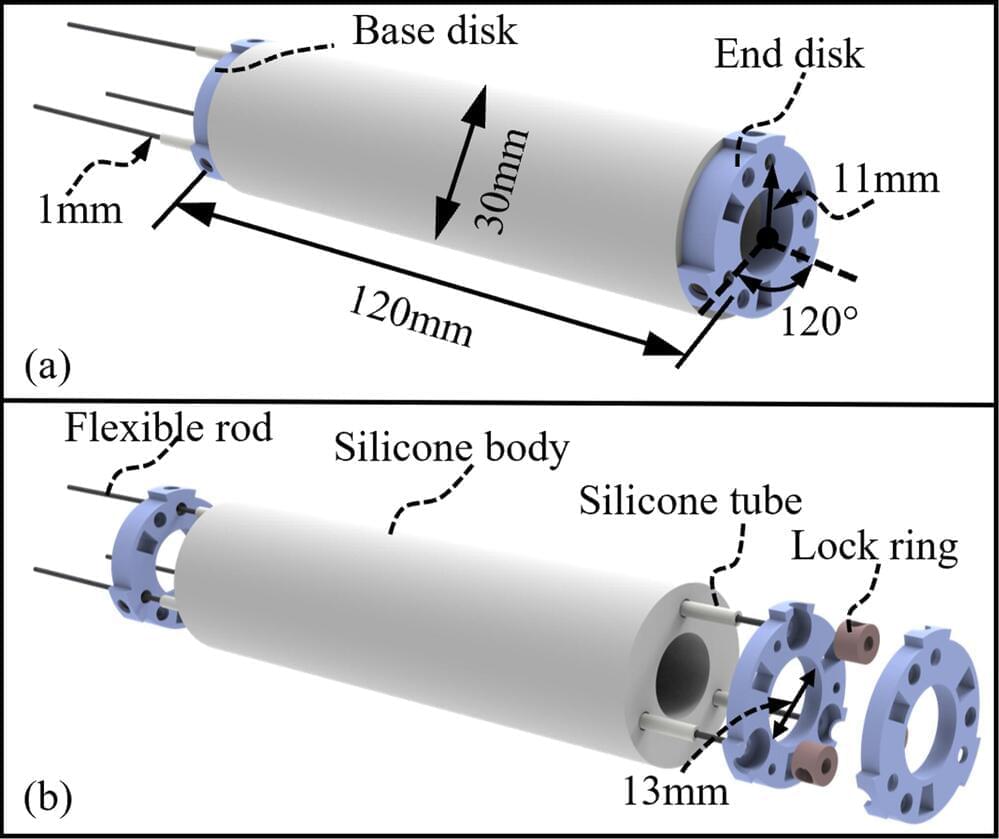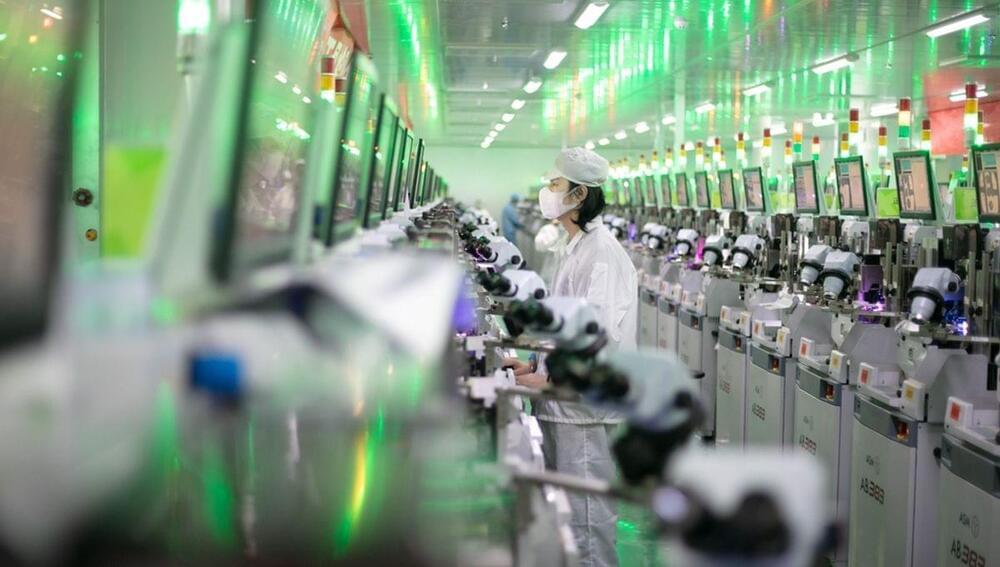Alien communication could utilize quantum physics, so SETI needs a new way to listen.
The Fermi paradox, the “where is everybody?” puzzle, is a persistent question in the search for life in the universe. It asks why, if life is not exceedingly rare in the cosmos, it hasn’t shown up on our doorstep. Equally we might ask why we haven’t even heard from alien life, through radio signals or any other means. A part of the answer could be that our present work on the search for extraterrestrial intelligence is actually very limited. Estimates show that we’ve only examined the equivalent of a hot tub of water compared to all the world’s oceans in our combing through the electromagnetic information that rolls in from the cosmos.1
If you’re a glass-half-full kind of person you’ll see this as an opportunity, but the problem is that we don’t actually know what might be filling the glass in the first place. The vast majority of SETI studies look for structure in electromagnetic radiation, whether in amplitude or frequency modulations of radio waves, or regularity in pulses of light, or in multi-wavelength correlations. In other words, we assume that information might be sailing past us in representations built using classical physics. But what if that’s just wrong?
In recent years a small cadre of physicists and astrophysicists have examined the possibilities for communication across the universe that uses the quantum properties of matter and radiation.2 Here on Earth quantum mechanics is perhaps the greatest triumph and the greatest headache of 20th-century physics. As theories go it has repeatedly validated itself through some of the most exquisite measurements we’ve ever made about the world, yet it remains profoundly challenging because of its counterintuitive rules and contentious interpretations. Even the “simple stuff” is hard, including the basic mathematical tools needed to describe how matter and radiation futz around in weird states of uncertain superposition (think Schrödinger’s cat) or mind-bending entanglement, where properties are linked across space and time, yet never definite until interactions occur.








